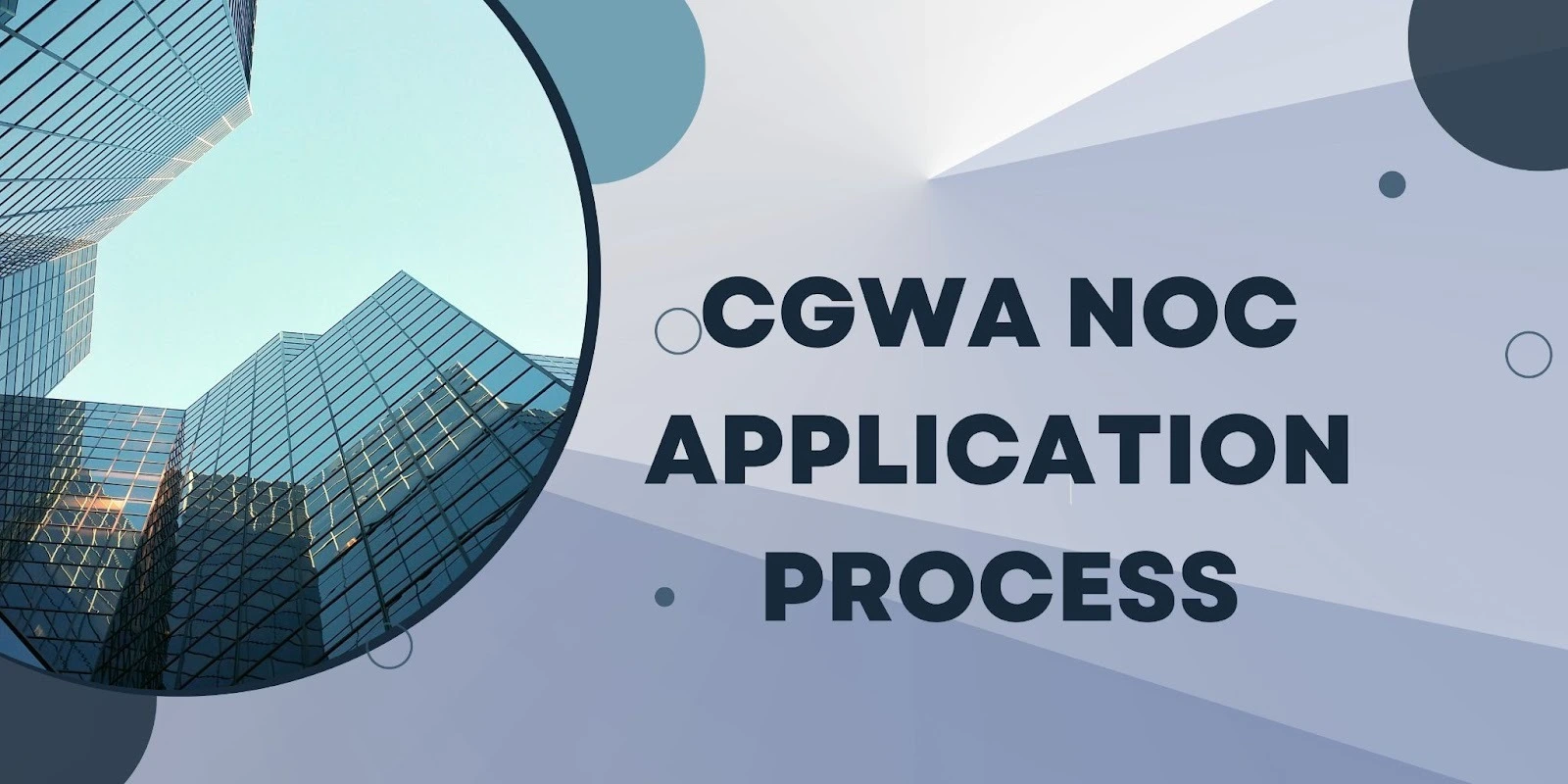Introduction
In the face of increasing water scarcity and the critical need for sustainable water management, the Central Ground Water Authority (CGWA) in India plays a pivotal role. Established under the Environment (Protection) Act, 1986, the CGWA aims to regulate and control the development and management of groundwater resources across the country. One of its key functions is to grant approvals for groundwater extraction. In this blog, we will delve into the intricacies of CGWA approvals, their significance, the application process, and the impact on businesses and individuals.
What is CGWA?
The CGWA was constituted in 1997 by the Government of India to address the rapidly depleting groundwater levels and the increasing demand for water. Its primary mandate is to regulate groundwater development and ensure its sustainable use, particularly in areas identified as over-exploited, critical, or semi-critical.
Importance of CGWA Approvals
1. Sustainable Water Management
CGWA approvals ensure that groundwater extraction is regulated, promoting sustainable use and preventing over-exploitation.
2. Legal Compliance
Businesses and individuals extracting groundwater must obtain CGWA approvals to comply with legal requirements. Non-compliance can lead to penalties and legal action.
3. Environmental Protection
By controlling groundwater extraction, CGWA helps protect ecosystems dependent on groundwater and maintains the natural balance.
Who Needs CGWA Approvals?
CGWA approvals are required for the following entities:
1. Industries: Any industrial unit extracting groundwater for its operations.
2. Infrastructure Projects: Real estate developers, road construction projects, and other infrastructure developments.
3. Agricultural Projects: Large-scale agricultural operations requiring substantial groundwater extraction.
4. Individuals: In certain critical areas, even individuals or small-scale users may need to obtain CGWA approvals for groundwater extraction.
The Application Process for CGWA Approvals
Obtaining a CGWA approval involves a detailed and structured process:
1. Application Submission
Applicants must submit a detailed application through the CGWA’s online portal. The application should include information about the location, purpose, and quantity of groundwater to be extracted.
2. Site Inspection
The CGWA conducts a site inspection to assess the feasibility and impact of the proposed groundwater extraction.
3. Technical Evaluation
A technical evaluation of the groundwater potential, existing usage, and environmental impact is conducted.
4. Public Consultation
In certain cases, a public consultation process is initiated to gather feedback from local communities and stakeholders.

5. Approval or Rejection
Based on the evaluation, the CGWA either grants or rejects the application. If approved, conditions for groundwater extraction are specified.
6. Monitoring and Compliance
Approved entities must adhere to the conditions set by CGWA and regularly submit monitoring reports to ensure compliance.
Challenges and Considerations
1. Complex Application Process: The application process can be complex and time-consuming, requiring detailed technical information and documentation.
2. Regulatory Changes: The regulations and guidelines for CGWA approvals are periodically updated, requiring applicants to stay informed about the latest requirements.
3. Impact on Business Operations: Delays in obtaining CGWA approvals can impact project timelines and business operations, particularly for industries heavily dependent on groundwater.
The Way Forward
As water scarcity becomes a pressing issue globally, the role of regulatory bodies like the CGWA is increasingly important. Businesses and individuals must recognize the importance of sustainable water management and adhere to regulatory requirements. Here are some steps to ensure a smooth approval process:
1. Early Planning: Initiate the CGWA approval process well in advance to account for any delays or additional requirements.
2. Consult Experts: Engage with environmental consultants and legal experts to navigate the application process efficiently.
3. Stay Informed: Regularly check the CGWA website and other resources for updates on regulations and guidelines.
4. Promote Water Conservation: Implement water conservation measures and explore alternative sources of water to reduce dependency on groundwater.
Conclusion
CGWA approvals are a critical component of sustainable water management in India. By regulating groundwater extraction, the CGWA aims to ensure the long-term availability and quality of this vital resource. Businesses and individuals must recognize the importance of these approvals and work towards compliance to support environmental sustainability and legal adherence. Through informed and proactive measures, we can collectively contribute to the responsible use and management of groundwater resources.
How to get started
If you would like to get a CGWA approvals done, write to us at enquiry.meepl@gmail.com or contact us
